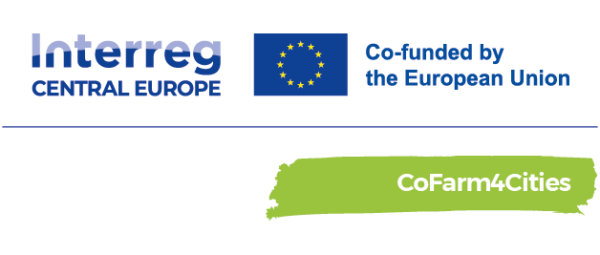RKK researchers in Turin
The first phase of the CoFarm4Cities project (Interreg CE0100253), funded by the Interreg CENTRAL EUROPE programme, has been successfully completed, with partners assessing the sustainable operation of existing farms in Europe and beyond. Based on this data, a project team consisting of lecturers and external experts from the Institute of Environmental Engineering and Natural Sciences of the Rejtő Sándor Faculty of Light Industry and Environmental Engineering prepared a comparative study of 21 farms and an in-depth analysis of 5 farms selected as best practice examples. The results presented at the workshop will be used in the next phase of the project to prepare scenarios for sustainable urban farming in the long term.
The Obuda University participates as a consortium partner of the Óbuda-Békásmegyer Municipality of Budapest Capital District III in the creation of urban management areas for sustainable land use and land management in the urban periphery. The urban farm is a new initiative to prevent the spread of urban sprawl, to create a sustainable urban life, a chain of local access to healthy food, community building, recreation and of course environmental awareness.
The first phase of the project involved a review of existing farms in Europe and beyond with the eight project partners and the development of a questionnaire, which was based on the data received, to assess the farms' performance from an economic, social and environmental perspective. In total, the partners collected data from 21 urban farms.
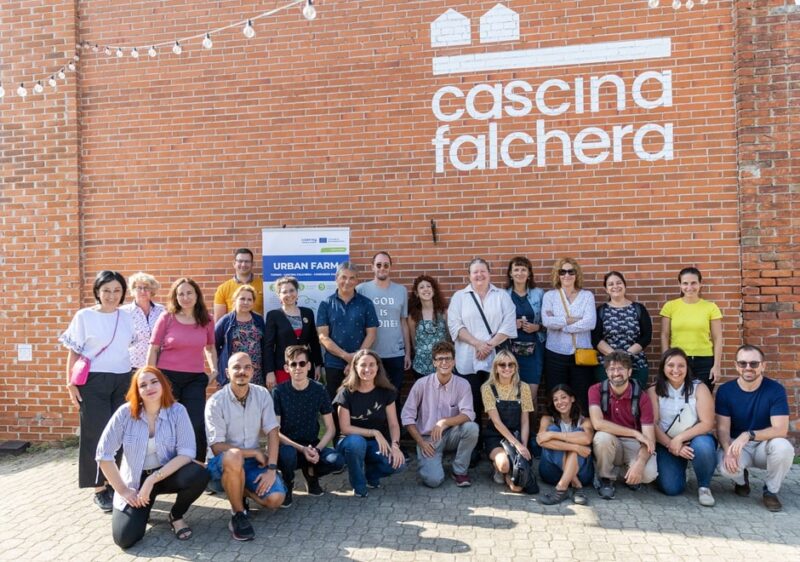
In charge of the first phase of the project, a project team consisting of lecturers from the Institute of Environmental Engineering and Natural Sciences of the Sándor Rejtő Faculty of Light Industry and Environmental Engineering and external experts prepared a study comparing 21 farms based on this data. Based on the results of this study, five farms that best exemplify sustainable operation were selected together with the partners to serve as examples for pilot projects in the cities participating in the project (Budapest, Krakow, Ljubljana, Turin, Zagreb). The selected farms are: 1. Dak Akker (Netherlands), 2. Parco Ort9 (Italy), 3. Quinta do Pisão Natural Park (Portugal), 4. Maribor Municipality Urban Farm (Slovenia), 5.
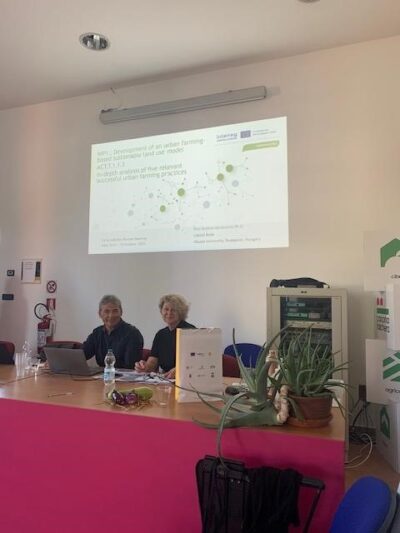
The workshop, held at the Cascina Falchera farm in Turin from 9-12 October 2023, was the final event of the first phase of the project and the first face-to-face meeting. As part of the programme, an in-depth analysis study of the five selected urban farms was presented. We also discussed the success factors and operational difficulties identified as a result of the research, and developed bridging solutions. In addition to workshops, presentations and interactive exercises, the meeting provided the opportunity to visit several well-established urban farms in and around Turin (Cascina Falchera, Agrobarriera, Orti Generali). The meeting also provided an excellent opportunity for networking and exchange of experiences.
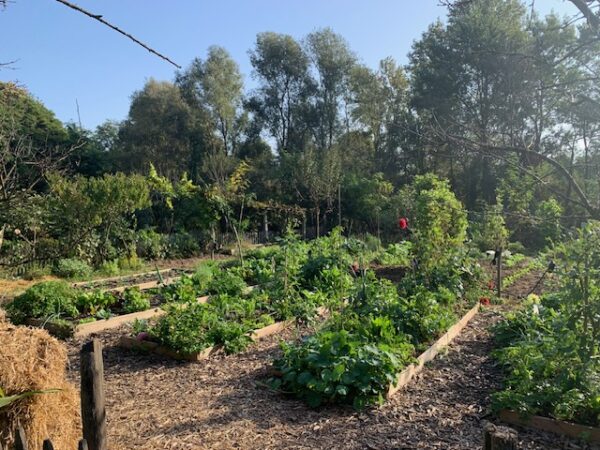
The project will be completed in 2026, until then much work remains to be done; the next step will be the development of operational strategies for the pilot implementation of the urban farms, in which the Institute's staff will continue to be actively involved.
